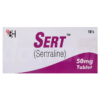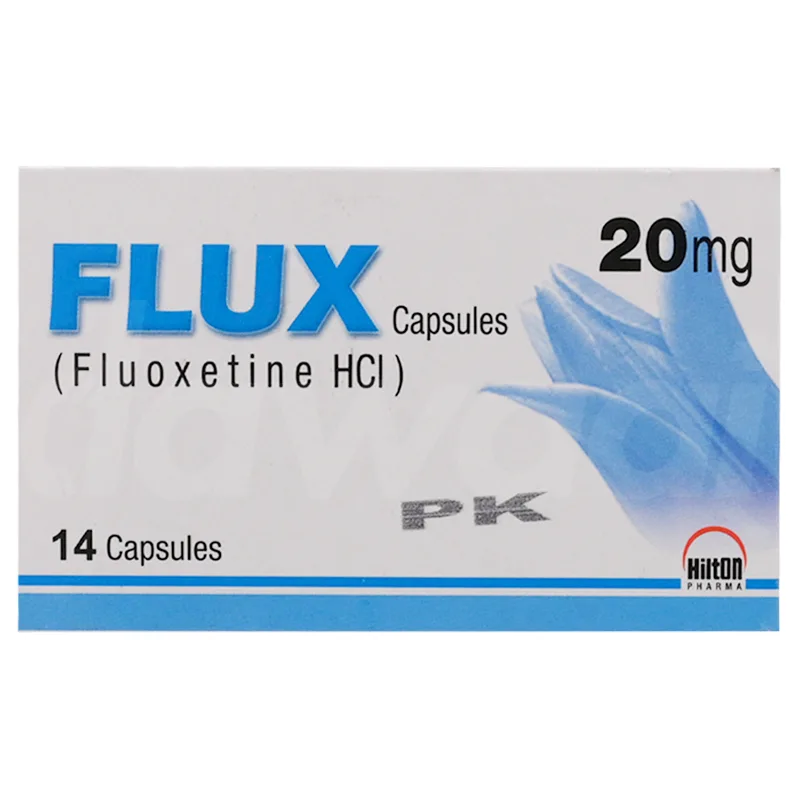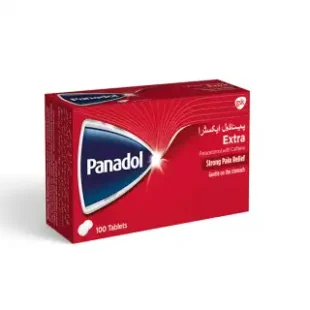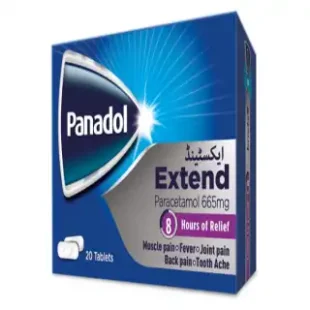- Your cart is empty
- Continue Shopping
Fluoxetine Capsule: Comprehensive Guide
Description
Fluoxetine is a medication used to treat symptoms of depression, bulimia nervosa, and obsessive-compulsive disorder (OCD). It works by increasing serotonin levels in the brain, commonly known as the “happy hormone,” to improve mood, sleep, appetite, and energy levels.
Ingredients
- Active Ingredient: Fluoxetine
Drug Class
- Selective Serotonin Reuptake Inhibitors (SSRIs)
Dosage Form
- Capsule
Uses
Fluoxetine is prescribed for:
- Treating symptoms of depression (where sedation is not required)
- Managing bulimia nervosa (an eating disorder)
- Addressing obsessive-compulsive disorder (unwanted thoughts and repetitive behaviors)
Dosage
Always follow your doctor’s prescription. Dosage varies based on age, weight, and overall health.
- Children and Adolescents (ages 8 to 18): Start with 10 mg once daily, in the morning. The dose may be gradually increased if necessary, up to a maximum of 20 mg per day.
- Adults: Start with 20 mg once daily, in the morning. The dose may be increased after several weeks if there is insufficient improvement.
- Elderly: A lower starting dose is recommended due to increased sensitivity. The maximum recommended dose is usually 60 mg per day.
Overdose
If you suspect an overdose, seek emergency medical help immediately. Symptoms may include tremors, nausea, vomiting, rapid heartbeat, and drowsiness.
Missed Dose
If you miss a dose, take it as soon as you remember on the same day. If it’s almost time for your next dose, skip the missed dose. Do not double up. Consult your doctor if you have concerns about missed doses.
How to Use
Take the capsule whole with a glass of water at the same time every day.
When Not to Use
Do not take this medication if you:
- Are allergic to Fluoxetine or any of its components
- Are currently or have recently taken thioridazine or monoamine oxidase inhibitors (MAOIs)
Side Effects
Possible side effects include:
- Nausea, dizziness, anxiety, nervousness
- Headache
- Insomnia, restlessness
- Fatigue, weakness
- Diarrhea, upset stomach, dry mouth, loss of appetite
- Excessive sweating
- Decreased libido
In Children and Adolescents:
- Suicide-related behavior
- Mania, hypomania
- Nosebleeds (epistaxis)
- Growth retardation
Precautions & Warnings
Before taking Fluoxetine, inform your doctor if you:
- Are pregnant
- Have hypersensitivity or allergies to any components of the medication
- Have liver or kidney disease, heart disease, diabetes, or epilepsy
- Are elderly
Do not drive after taking this medication. Discontinue use immediately if adverse symptoms appear.
Drug Interactions
Fluoxetine may interact with:
- Monoamine oxidase inhibitors
- Thioridazine and other antidepressants (e.g., SSRIs)
- Anti-infectives, cancer drugs, asthma drugs, drugs for nausea and vomiting, painkillers, diuretics, anticoagulants (e.g., warfarin, dabigatran)
- Diabetes medications, other serotonin-affecting drugs (e.g., lithium, linezolid), drugs with tryptophan, St. John’s Wort, triptans (for migraines)
- Certain pain medications (e.g., fentanyl)
- Cough medications (e.g., dextromethorphan)
- Sedatives (e.g., benzodiazepines)
Storage/Disposal
Store Fluoxetine at room temperature, away from direct sunlight, excessive heat, and moisture. Keep out of reach of children and pets. Do not use past the expiration date.
Control Drug
- No
Quick Tips
Always consult your doctor before starting any new medication.










Reviews
There are no reviews yet.